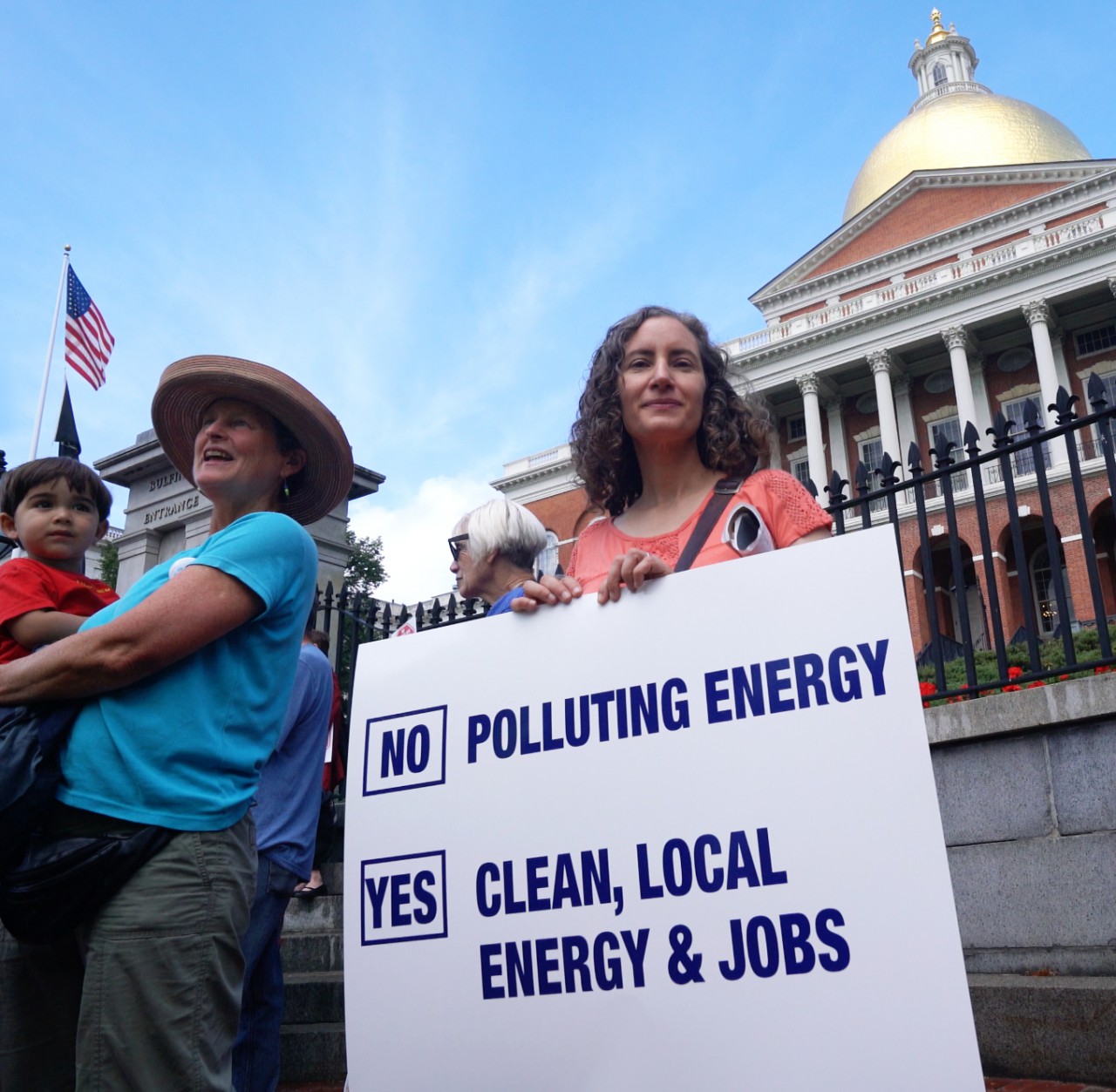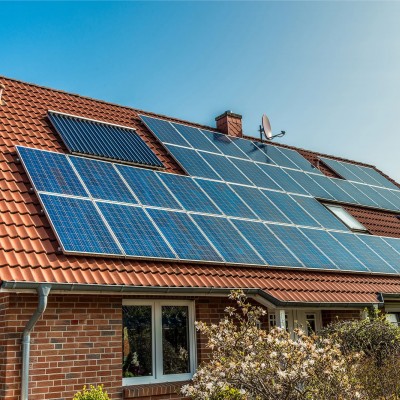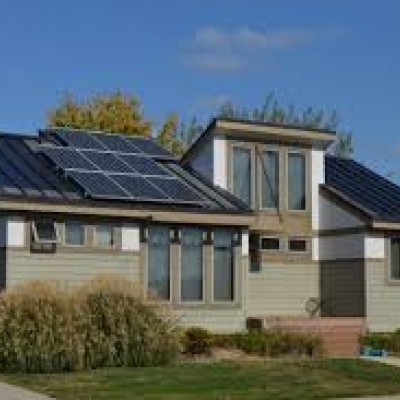Community Leaders want More Solar, Sign Letter Asking for Support.
Spokespeople from low-income and faith communities have signed an October 28th letter urging state officials to support the rapid growth of solar and to ensure that solar benefits become available to everyone in the Commonwealth.
More than 90 community leaders, faith and religious leaders, community development organizations and academics have signed onto the letter, asking lawmakers to reject Governor Baker’s proposal to slash compensation for solar energy.
"Solar is helping low-income families to reduce their electric bills, and it's helping social service organizations to put more of their resources into helping their communities," said David McMahon, Co-Executive Director of Dismas House and Project Coordinator for the Worcester Green Low-Income Housing Coalition. "We need to lift the net metering caps immediately to ensure that the benefits of solar are available to people from all walks of life. And we should oppose efforts to cut the compensation available for solar projects under net metering, which would reduce access to solar for low-income communities."
Over 170 Massachusetts communities hit net metering caps in March, putting the breaks on shovel ready projects, some of which would benefit low-income and other rate payers.
Utility spokespeople claim that solar costs negatively impact low-income ratepayers. But, the October 28th letter points to all the ways that solar benefits low-income communities by:
-Reducing harmful air pollution and global warming emissions;
-Creating employment opportunities for low-income residents in the state’s rapidly growing solar industry;
-Reducing operating costs for affordable housing developments, community organizations, and food banks, making more resources available for serving their communities; and
-Making utility bills more affordable for everyone by cutting down on peak electricity prices.
Baker has introduced several energy bills, one of which would sharply reduce compensation for solar users while raising the cap only marginally.
Advocates said that the Baker’s bill would slow the growth of solar and make it harder for low-income communities to access its benefits. They urged the Legislature to pass a bill that provides full and fair compensation for solar energy.
“For renters, residents of low-income housing, and municipalities, our state's innovative solar policies create opportunities for saving money, reducing pollution and creating local jobs,” said Joel Wool, Energy Advocate with Clean Water Action. “Duplicitous policy proposals by utility companies and by Governor Baker would make it harder for these communities to go solar and to receive the same bill benefits — real energy justice would empower communities.”


